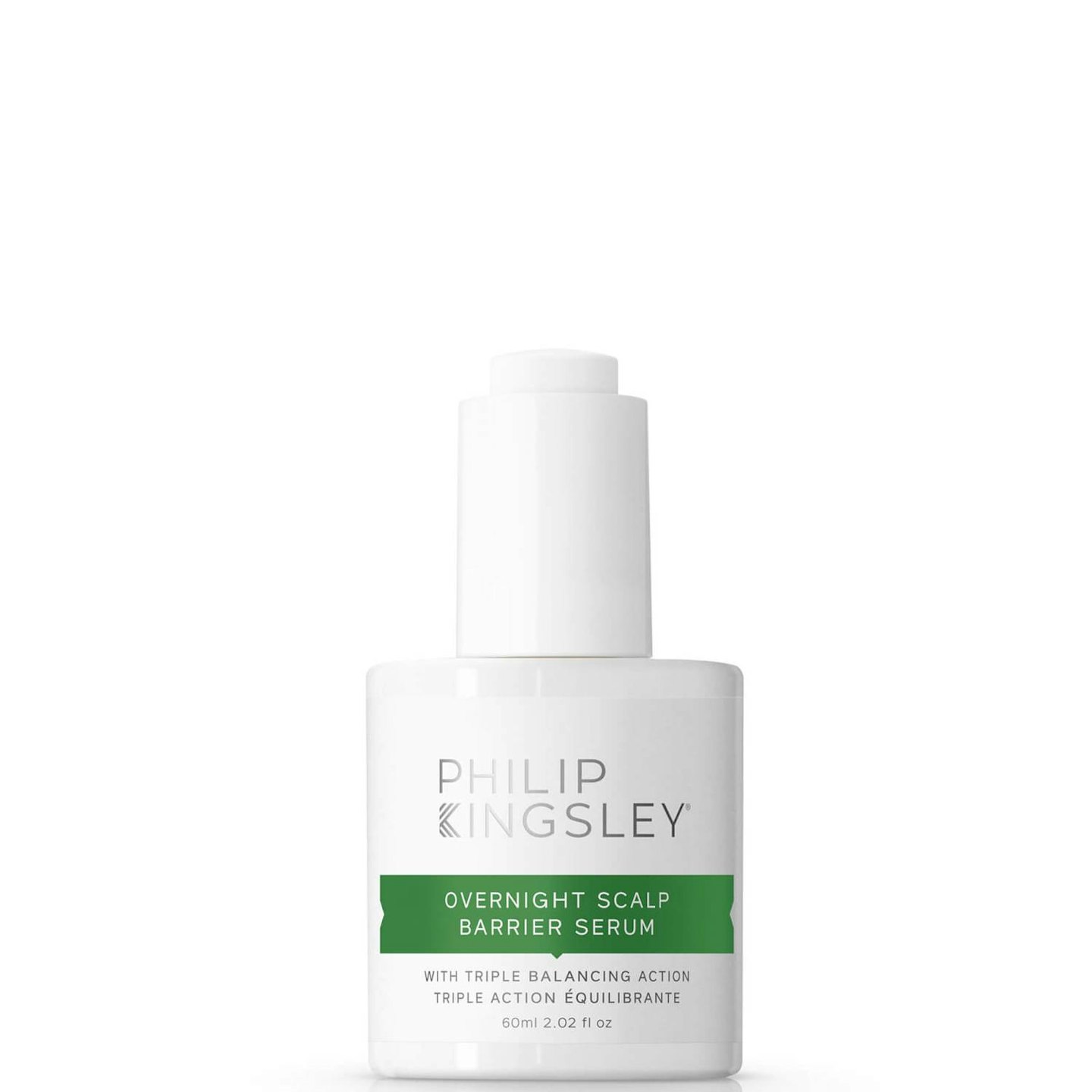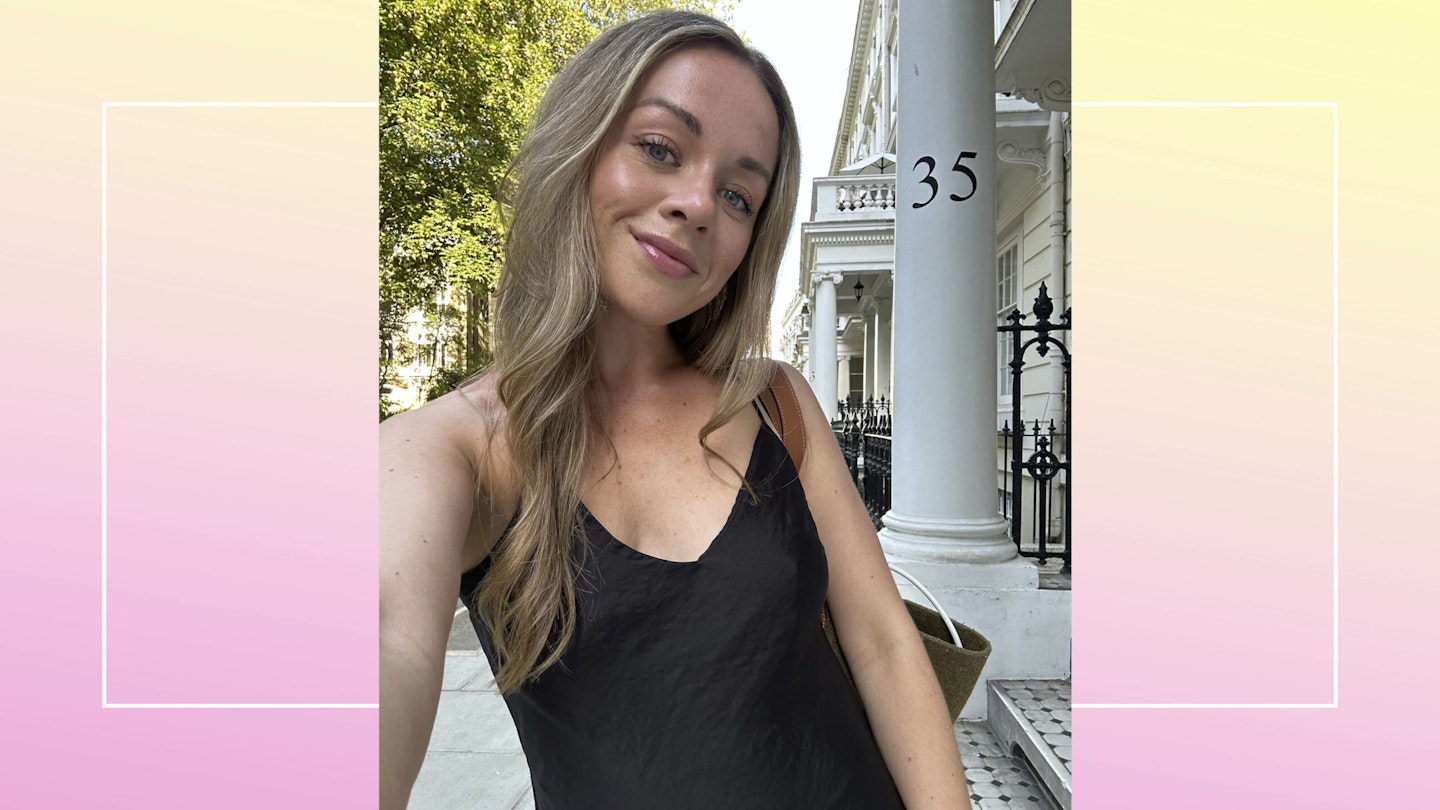Acne, specifically scalp acne, has been the bane of my life for the last few months. One random day, seemingly overnight, hard, painful bumps appeared over my head, across my hairline and around the backs of my ears. I put it down to overzealous use of a particularly rich hair conditioner, so I removed this from my routine. Yet my scalp acne persisted.
Acne is, of course, extremely common. The NHS state that 95% of people aged 11 to 30 are affected by acne to some extent. Yet, despite falling into this bracket myself (just) the spots on my scalp still felt like a shameful secret. While they weren’t visible, I had developed an incessent habit of itching, scratching, picking and prodding which was undeniably unpleasant - and made me terribly self-conscious.
It was only recently (around the time I finally found a solution for my back acne) that I decided that it was time to get to the root of my most Googled question – ‘how to get rid of scalp acne.’ Desperate for answers, and most importantly, a solution, I booked an appointment with Trichologist Anabel Kingsley to discuss everything scalp acne related. Here’s everything you need to know.
What is scalp acne?
‘Like the skin on your face, you can experience breakouts on your scalp,’ explains Anabel. ‘Scalp acne occurs when excess oils and/or skin cells build up and get trapped within the hair follicle, causing inflammation.
Why do I have scalp acne?
‘Some people are simply more prone to getting pimples on their scalp – just like certain individuals are more susceptible to getting pimples on their face,’ says Anabel. ‘Scalp acne is more likely to occur if you have a naturally oily scalp.’
What are the causes of scalp acne?
According to Anabel it’s not a case of one cause fits all. There’s a wealth of reasons behind spots on your scalp.
Using the wrong shampoo
‘If you’ve been asking can shampoo cause scalp acne then the answer is yes,’ says Anabel. ‘You should avoid using those which are oil heavy, and instead use targeted anti-microbial shampoo until your skin clears.'
Not shampooing often enough
'If you have pimples on your scalp you need to shampoo daily,’ says Anabel. ‘You should never leave more than three days without cleansing your scalp. Think of it as an extension of the skin on your face.'
Stress
‘The stress hormone, cortisol, can wreak havoc on your skin,’ reminds Anabel. ‘It can ramp up oil production, causing more spots. Stress reduction and management is therefore very important.'
Monthly Hormonal Fluctuations
‘Many women experience breakouts on their scalp leading up to their period,’ says Anabel. ‘If you find your scalp gets pimply at certain time during your menstrual cycle, again, keep an anti-microbial shampoo handy. This will be soothing on the scalp.’
After listening to Anabel’s advice, I decided to address each potential cause of my scalp acne one by one. I began to shampoo every day ensuring that the cleansers I used were gentle and anti-microbial - the Mark Birch Triple Action Shampoo, £35.99 and Philip Kingsley Flaky/Itchy Scalp Anti-Dandruff Shampoo, £21.60 have worked a treat. Viewing my scalp as an extension of skin on my face has also been nothing short of transformative. I began to use the Philip Kingsley Overnight Scalp Barrier Serum with Triple Balancing Action, £27 every night and do believe this made a considerable difference to my spots. It's a treatment that has been specifically formulated to suit every scalp type - even the most sore and sensitive. I began to see a reduction in the scalp spots within just three days. Impressive stuff.
Shop: Philip Kingsley Overnight Scalp Barrier Serum with Triple Balancing Action

www.lookfantastic.com
Made with aloe vera and AHA’s, this wonder serum works to gently exfoliate and clarify – a dream for those with acne prone scalps. Simply apply a few drops across the scalp and massage in gently using your fingertips before bed. Use daily and you’ll reap the scalp-beautifying benefits – it’s a treatment I can personally attest to.
While stress is a tricky one (who isn't stressed?) I made a conscious effort to set aside time each day to relax and focus on mindfulness - even just a walk in the park went a long way to aid calm. And as for monthly hormonal fluctuations? I've come to accept that, for me, scalp acne is likely to be a side effect of my period. But now, with the right advice, I know how to manage the symptoms and as a result the reduction in my scalp acne has been tenfold.
It's always worth noting that, where acne is concerned, what might work for one mightn't work for another. But if my experience sounds familiar, then I hope this might help you too. If your scalp acne is persistent, wide-spread or painful, then it's always worth seeing a trichologist or dermatologist - they're always there to support.

